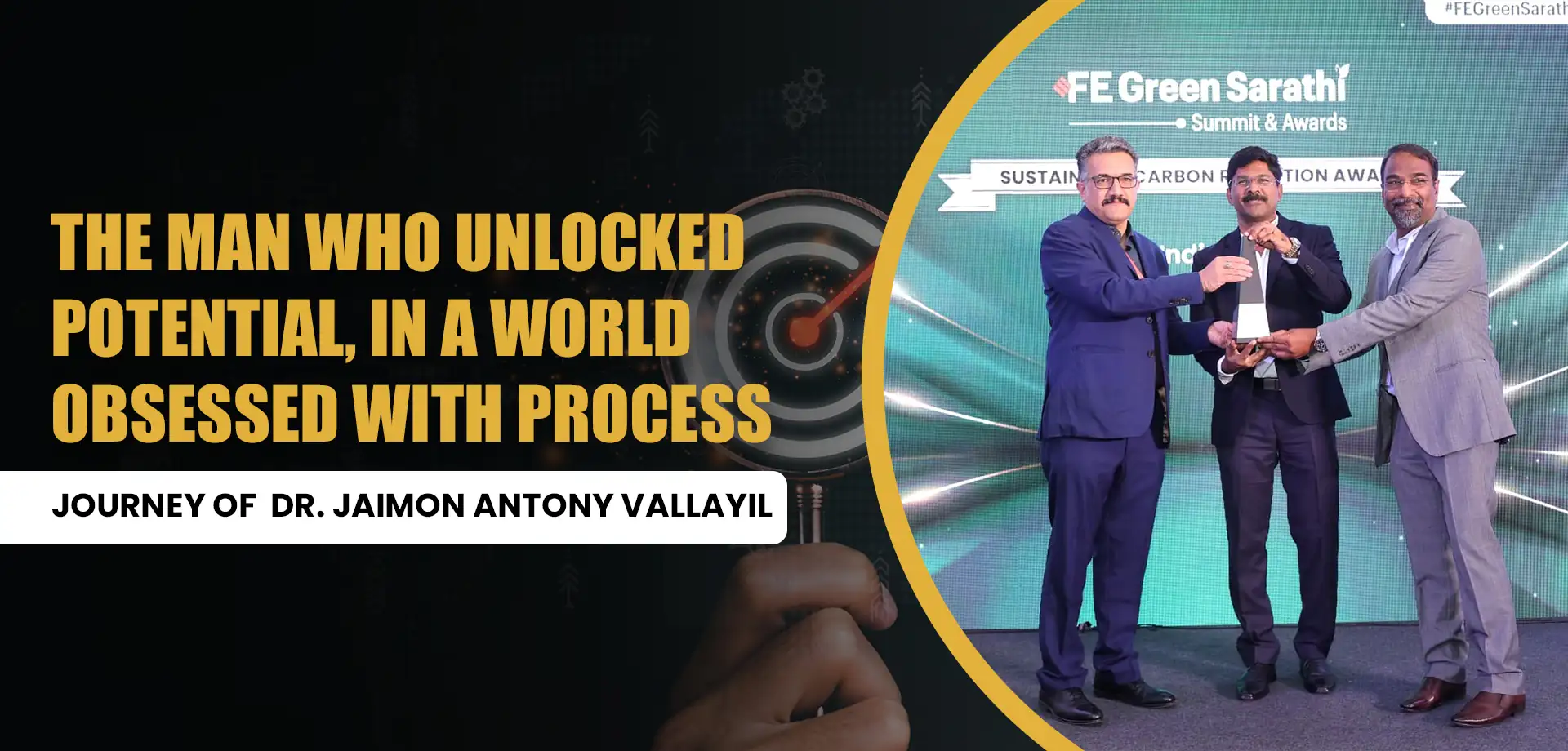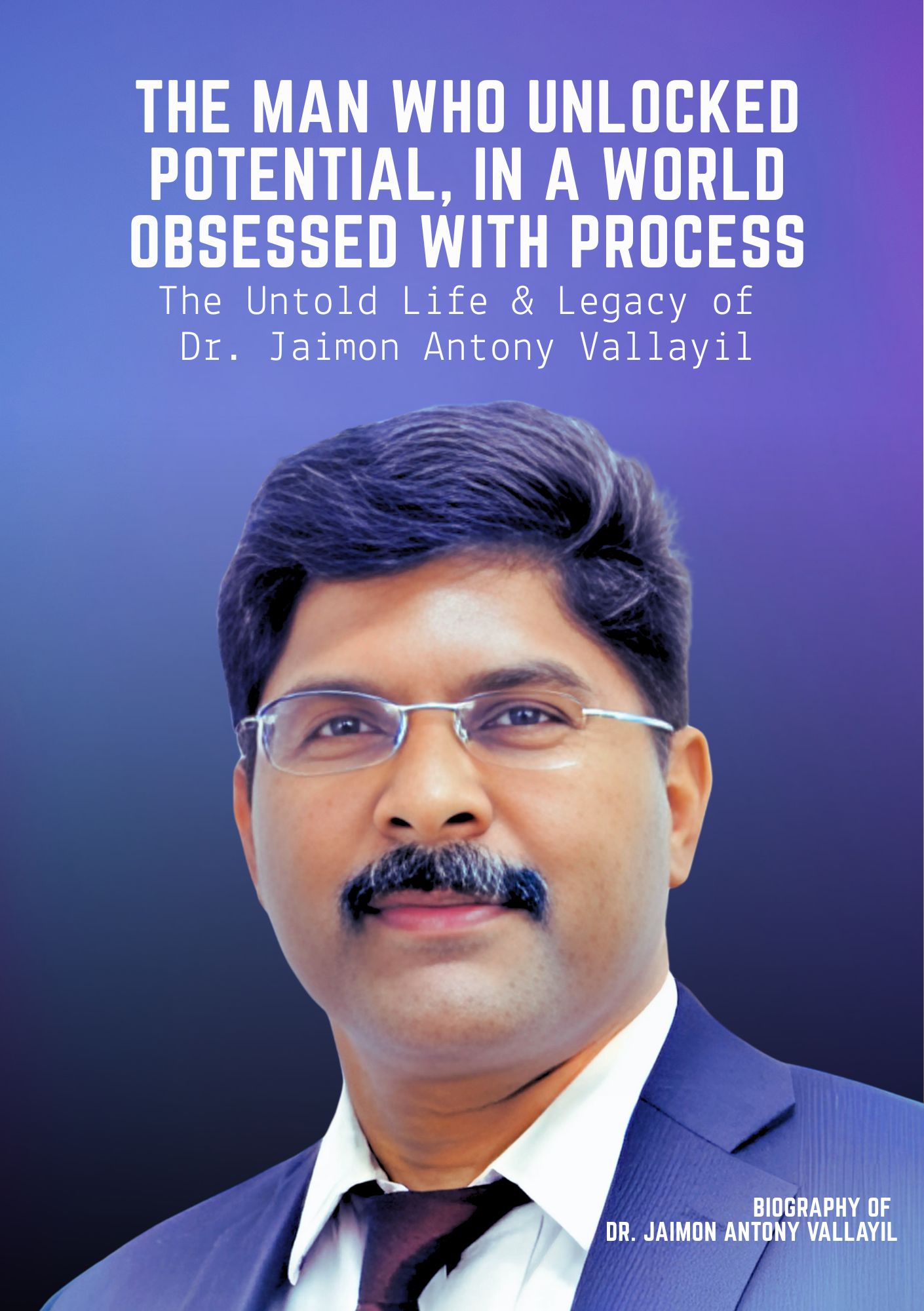ChatGPT said:
Encouraged by those around him who recognized his strong interpersonal skills and emotional intelligence, he pivoted towards management. He enrolled at the Rajagiri School of Management and earned his MBA in the year 2000. This was the formal beginning of a professional life that would span industries, geographies, and paradigms.
His first role was at Tyco as an Officer-HRD (March 2001–January 2002), followed by his transformative stint at Hindalco Industries Limited, where he served as Deputy Manager-HR from February 2002 to March 2006. Hindalco, part of the Aditya Birla Group, became a crucible for his professional growth. Unlike traditional corporate environments, the plant he joined was uniquely structured. There were no security guards, peons, or office assistants. The HR department performed multiple roles—gatekeeping, security management, production assistance, and logistics. HR staff came in three shifts like factory workers, monitored incoming trucks, weighed materials, climbed atop lorries to check for discrepancies, and participated in every operational layer. Even his senior manager, who would go on to become the Head HR, took part in these tasks. There was no hierarchy of responsibility, only unity of purpose.
One of the most transformative experiences in this role was during a union strike that shut the factory down for five months. With no workmen reporting to duty and critical customer commitments looming, Jai and the entire management team stepped into the factory floor themselves. Though they were not trained operators, they managed to sustain production for essential orders. The negotiations were arduous, involving three powerful unions—CITU, INTUC, and an independent group. Through strategic maneuvering and diplomatic patience, a long-term settlement was achieved. It was an intense baptism into the world of industrial relations and operational crisis management—lessons no business school could have provided.

